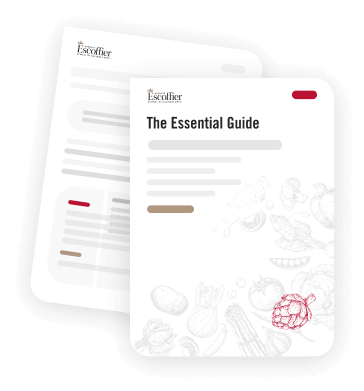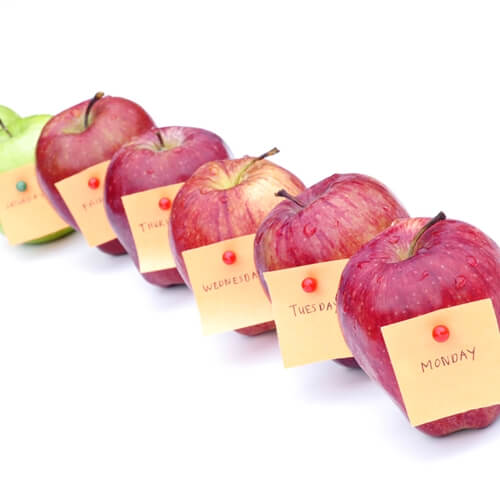Does an apple a day keep the doctor away?

As you learn about the culinary arts, you will hear many commonly held beliefs about food including: "An apple a day keeps the doctor away." It's a well-known axiom about a very popular fruit, but is it true? A team of researchers from the Dartmouth Institute for Health Policy and Clinical Practice decided to put apples to the test and see if frequent consumption really did cut down on doctor visits.
The belief
Eating apples is a healthy part of a standard diet. Apples are full of essential vitamins and minerals. They are high in fiber and potassium. The Harvard Health Publication points out that apples are a smart snack because they are low in calories and make a nice complement to other healthy foods (like the "good" fats and proteins found in peanut butter). So if an apple has many health benefits, does that mean daily intake will lead to less time spent in your doctor's waiting room?
The experiment
The Dartmouth researchers gathered over 8,000 test subjects and divided them into two groups: Those who ate apples once a day (9 percent of subjects) and those who didn't (91 percent). They then had to qualify what the familiar expression meant in clinical terms. It was concluded that if the subject had one or fewer self-reported trips to a physician in the last year they had successfully "kept the doctor away." At first, it seemed that the apple-eaters might have been slightly more successful than the non eaters, but after adjusting the data to accommodate non relevant factors (the social and health backgrounds of each subject), the conclusions did not line up with conventional wisdom.
The results
In the end, this study found there was no significant difference in the number of trips to the doctor between those who eat a daily apple and those who don't. However, some medical benefits were found. The experiment did secondary testing to see if the apple-eater group had fewer overnight hospital stays, mental health visits, or drug prescriptions. While there was still no significant decrease in the former two categories, this study found that those who eat apples on a daily basis were 27 percent less likely to need prescription drugs. This conclusion may suggest that while apples do not stop you from catching illness, a regular diet of the healthy fruit could make your illness less severe. So keep apple pie a mainstay in your online baking course curriculum.


